I am writing online for about three years now (two in English) and I picked some knowledge by the way. I am not one of the gurus who know all, but just a regular guy who managed to get from 'clueless' to 'several thousand unique visitors a day'. Let me share some (but not all) of this knowledge with you, so you can have better start with your online projects.
For your convenience I created step by step cheat sheet to follow which can be used in all web related writings.
Here we go with my top 10 how to write online tips:
(all used images are PD and RF, sources Pixabay and Wikimedia)


 they write just about everything and get nothing back for their investment (time and money). If you look at people who earn money on the web, you'll notice they are all kind of experts on something. They have a niche (or more niches). Find something you are interested in and believe you can write interesting articles about.
they write just about everything and get nothing back for their investment (time and money). If you look at people who earn money on the web, you'll notice they are all kind of experts on something. They have a niche (or more niches). Find something you are interested in and believe you can write interesting articles about.


 er use of search parameters you can estimate your competition and decide what to do. You'll for instance find there are already:
er use of search parameters you can estimate your competition and decide what to do. You'll for instance find there are already:

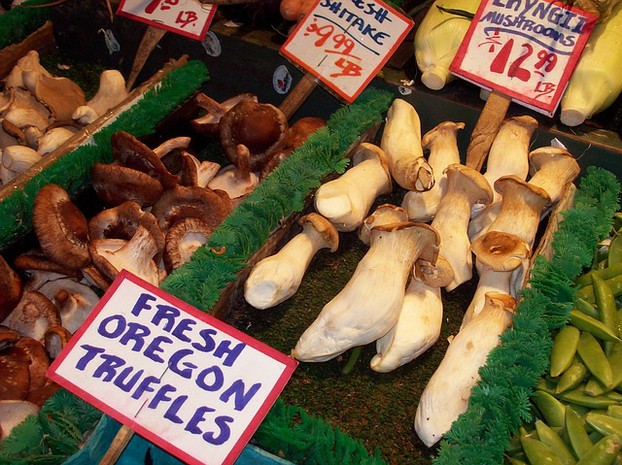
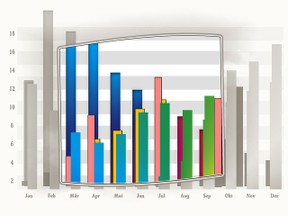 If this search string is already giving you traffic, you are probably on page one of results. And if you are not in first position, you should do something to get there.
If this search string is already giving you traffic, you are probably on page one of results. And if you are not in first position, you should do something to get there.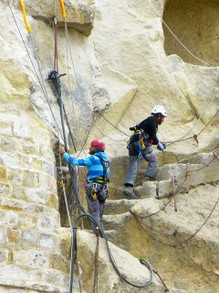


 Vintage Postcard Artists with 10 Examples of Easter Cardson 02/21/2025
Vintage Postcard Artists with 10 Examples of Easter Cardson 02/21/2025
 Valentine's Symbolson 01/23/2025
Valentine's Symbolson 01/23/2025
 Thanksgiving Symbolson 11/12/2024
Thanksgiving Symbolson 11/12/2024
 Famous Witches in Literary Historyon 10/06/2024
Famous Witches in Literary Historyon 10/06/2024
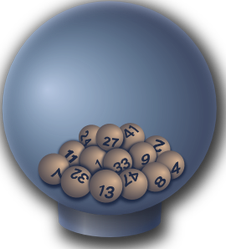
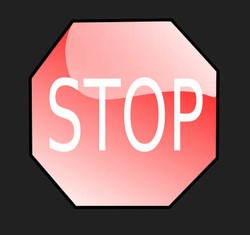
And how do you write online?
The ideal is to write about things you know well and others are looking for.
Your first fact, Choose your theme, brings up an interesting question.
Does one write about what one knows about and that matters to others or does one write about what one is learning as they go on about and that matters to them?
Sorry, blackspanielgallery for my late response ... In my opinion there is no need to worry about the flow of words, you just need to find the keywords which are actually searched for and apply them wherever they can be used in, as we may say, flowy way (title, subtitle, name of used picture etc.) The main concern should be to write about topics which are in demand and understanding the vocabulay used in the specific area of expert / searchers.
Have a happy keyword reasearch and a happy New Year!
The part I am weak on is key words. I have not done research there because I like the flow of words
I guess wish for learning is essential part of on-line working:) Thank you, WriterArtist!
I am writing for almost 5 years now and still there is so much to learn. Making money online is not easy at all. Thanks for these valuable tips.
Thanks for your comment, ologsinquito!
This is very good advice, especially for all the new writers now arriving at Wizzley.
I think you mean PageRank when you are talking about sites' authority (I have an article about PageRank too) and page rank when you are talking about positions in list of search results.
Yes, higher PageRank of the site can boost your positions, but the key is relevancy. You need really well written articles and some authority to be successful. With bigger authority you can still pass with worse quality...
I don't believe anybody can have 'too much links'. Who has more links than Google itself? But you can have 'too much bad links' or 'not enough quality links'. I see bad interpretation of Google's guidance (which basically didn't change since Google's existance) every day and one of these days I will write full article on this subject too.
I agree on the 'good quality' - this should be proper direction. Unfortunately a lot of very poorly written stuff can be find on top positions thanks to huge wholes in SE's algos. It seems they don't really care. Thanks for you comment, MgaMaayongMensahe and welcome to Wizzley!
@sheilamarie Happy to hear that:)